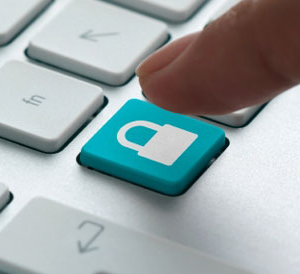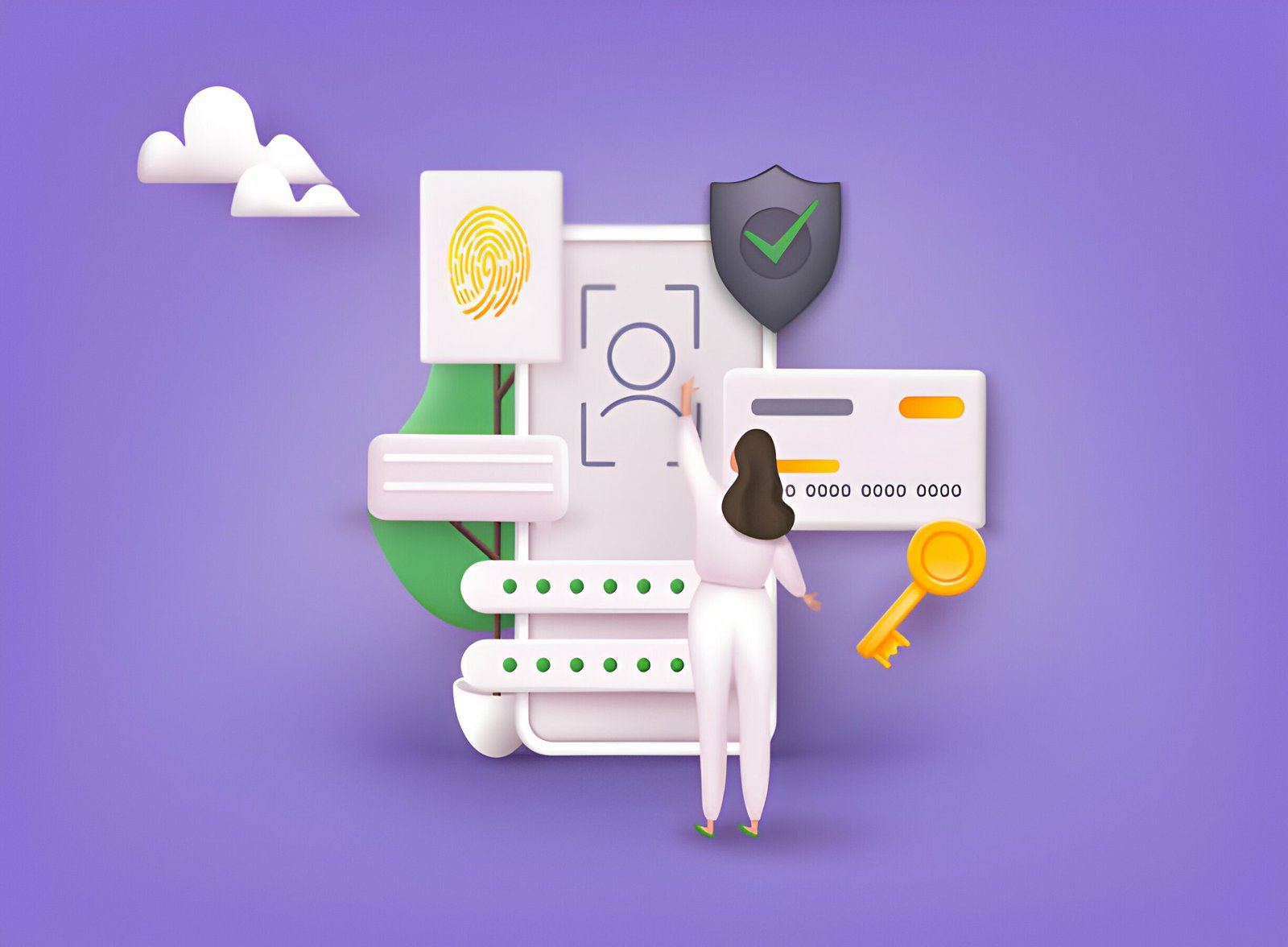
We all use passwords to protect our personal material on the web, from our blog content to our online financial information. Passwords are practically ingrained into our very understanding of how the web works; they’re literally the means by which we access critical information online on a daily basis. That’s why it’s so important that you secure your data with the best password possible. You know the drill: a random sequence of letters and numbers works best, no familiar names, and nothing that a potential hacker could figure out. Most people (myself included) use multiple passwords for various sites just to be on the safe side.
While this advice is simple, the actual practice of keeping multiple complex passwords for the very large (and only getting larger) amount of sites you login to is extremely challenging. I’ve dealt with these challenges personally, and I can’t tell you how many times I’ve had to reset passwords that I got mixed up with other accounts. Thankfully I never lost any access to an account completely.
The value of a password manager
The best thing about having a good password manager is the convenience of having all your passwords in one place. No longer do you have to sit an extra minute at a login screen, fiddling with the 10 passwords floating around your head.
But are they safe?
This obviously varies from password manager to password manager. The top two managers that I’ve tried and have had very safe results (as have millions of other users) are KeePass and LastPass. Both password managers use heavy layers of data encryption to ensure that your passwords are secure even if a certain level of security is compromised.
KeePass is slightly different than LastPass in that you can’t use it over multiple devices without a flash drive or Dropbox. Some people consider this more secure as your passwords (even if encrypted online). KeePass does offer some pretty good browser integration, but it can be a bit buggy.
While LastPass hosts your encrypted passwords on their servers, only you hold the encryption key and the entire encrypting and decrypting takes place on your own computer. Needless to say, this makes LastPass pretty darn secure, much more so than any password manager on a browser. Best of all, it has extensions for all the big browsers you would be using (Firefox, Chrome, Internet Explorer, Safari).
There is a danger of using your universal LastPass password when you’re in a foreign country or on a public Wi-Fi connection. LastPass even has this accounted for though by allowing the creation and use of one-time passwords. As soon as you use them, they become invalid, so even if someone steals it, they are still locked out of your password network.
Bottom Line
As far as internet security goes, I’m about as paranoid as they go. But I can honestly say that LastPass has ended my frustration of keeping multiple passwords while still keeping me at ease with the secure management of my passwords. Just be sure to use an unbreakable universal password for LastPass that is as complex and confusing as you can possibly remember.
What about you?
Do you use any password protection or security services to keep your blog safe? Let me know!











